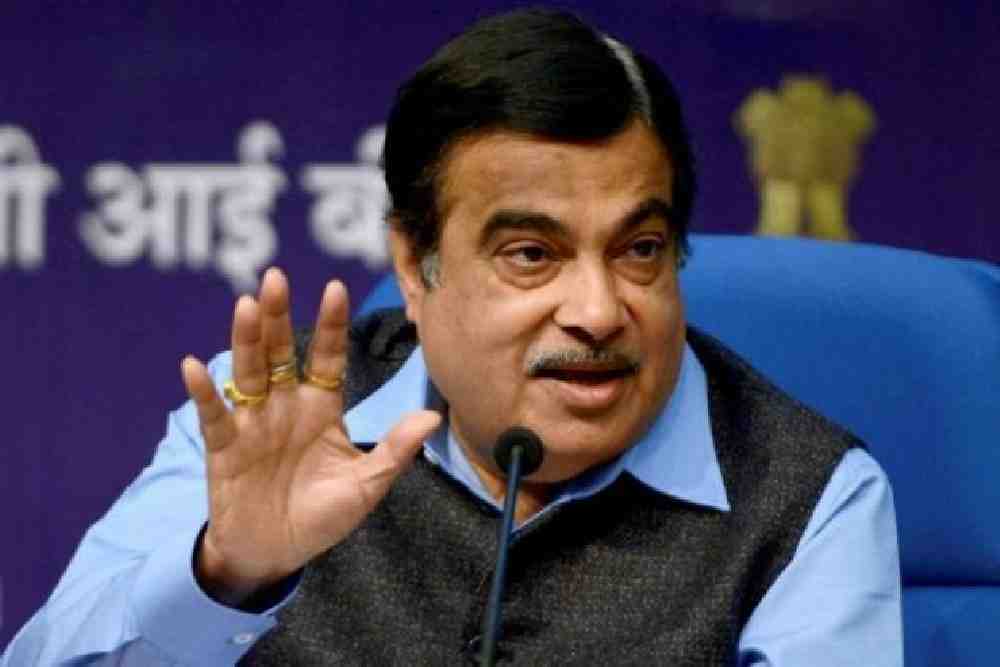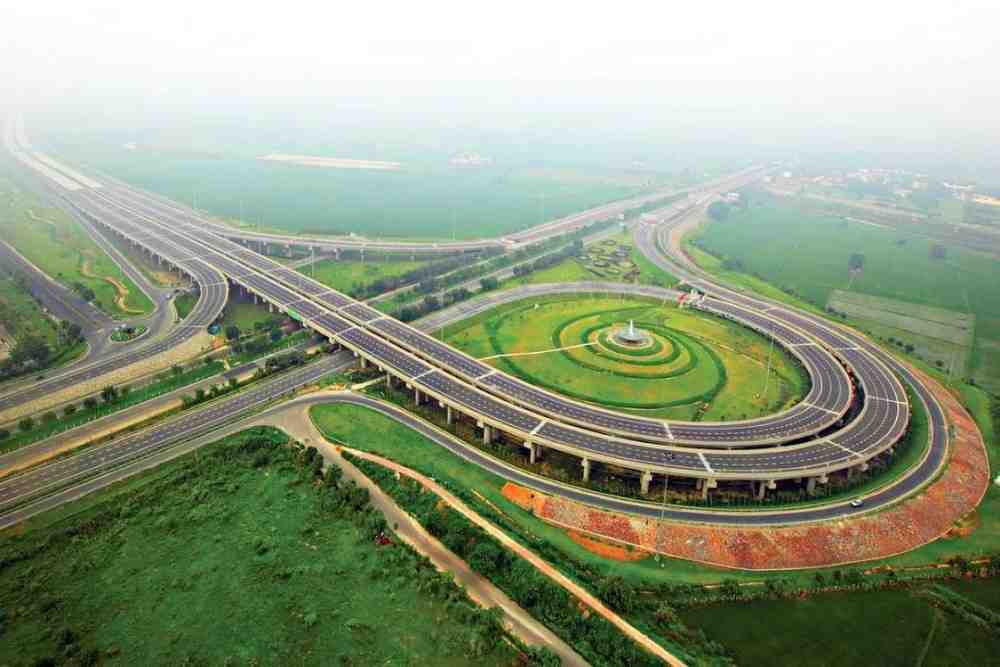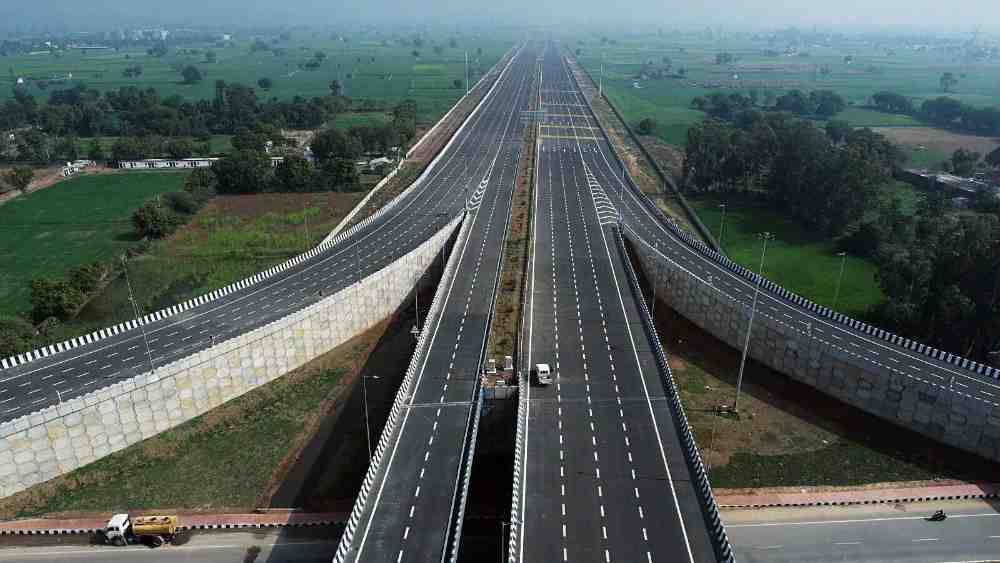Delhi-Mumbai Express Highway Nears Completion with Green Initiatives: Nitin Gadkari
Union Minister for Road Transport and Highways, Nitin Gadkari, recently shared significant updates on the progress of the 1,386-km-long Delhi-Mumbai Expressway . The construction of this ambitious project, estimated to cost over Rs 1 lakh crore, is nearing completion and is set to reduce travel time between the two major cities to just 12 hours. Additionally, Gadkari emphasized the importance of environmental sustainability in road construction, showcasing initiatives that align with India’s infrastructure growth.

Delhi-Mumbai Expressway Progress
Gadkari disclosed that the Delhi-Mumbai Expressway has seen substantial advancements. The construction is complete up to Vadodara, with an upcoming inauguration event by the Prime Minister to open a section stretching to Ratlam. Beyond Vadodara, the construction has been divided into 12 packages, with six already awarded and work underway on the Solapur package. Challenges related to environmental concerns from Surat to Nashik have also been resolved.
Reducing Distance Between Delhi and Chennai
Gadkari expressed confidence that approximately 70-80% of the work to reduce the distance between Delhi and Chennai by 320 km would be completed by the end of the year. This initiative aligns with the government’s efforts to improve connectivity between major cities.
Infrastructure Development in Madhya Pradesh
The Centre plans to have the Prime Minister inaugurate a 244-km stretch of the Delhi-Mumbai Expressway in Madhya Pradesh, which is soon going to polls. This section, starting from Neemthur village on the Rajasthan border and ending at Timarwani village, is part of the eight-lane expressway. It will pass through key districts in Madhya Pradesh, connecting major cities like Garoth, Jaora, Ratlam, and Thandla.

Surat-Chennai Expressway
Construction work on the 1,270-km Surat-Chennai Expressway, the second longest expressway in India, commenced in January 2023, with an estimated cost of Rs 45,000 crore. This initiative aims to enhance connectivity and economic growth across regions.
Green Initiatives in Road Construction
Nitin Gadkari underscored the importance of incorporating sustainability into infrastructure projects. The ministry is actively pursuing environmentally friendly practices such as utilizing waste plastics and exploring ways to integrate municipal waste into construction.
– Use of Waste Plastics: A notable endeavour is the incorporation of waste plastics into road construction. So far, 703 km of National Highways have been constructed using waste plastic in the wearing coat of flexible pavements. This innovative approach not only improves road quality but also addresses the issue of plastic waste.
– Municipal Waste in Road Construction: Gadkari revealed plans to launch a policy for utilizing municipal waste in road construction. Guidelines have already been issued, mandating the use of waste plastic in periodic renewal and service roads on national highways near urban areas with populations exceeding 5 lakhs.

International Collaboration for Improved Roads
In hilly regions like Himachal Pradesh, Uttrakhand, and the North-Eastern states, Gadkari acknowledged the need for international expertise and collaboration to ensure safe and well-constructed roads. The focus on safety and environmental responsibility remains a top priority.
Addressing Natural Disasters
Reflecting on the devastating floods in Himachal Pradesh, Gadkari stressed the importance of responsible construction near riversides. The government has engaged experts from Switzerland to develop a flood protection plan and is actively discussing short-term and long-term strategies to mitigate such issues in the future.
Nitin Gadkari’s updates highlight India’s significant progress in infrastructure development, particularly the Delhi-Mumbai Expressway, which will drastically reduce travel time between two major cities. The emphasis on environmentally sustainable practices, including the use of waste plastics and municipal waste in construction, aligns with India’s commitment to green infrastructure. Furthermore, the government’s efforts to collaborate internationally and prioritize safety reflect a holistic approach to road development. These initiatives signal a promising future for India’s transportation infrastructure, combining efficiency with ecological responsibility.
